
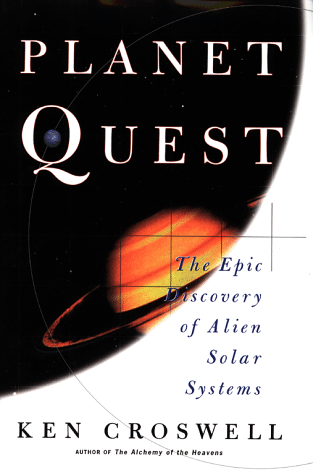
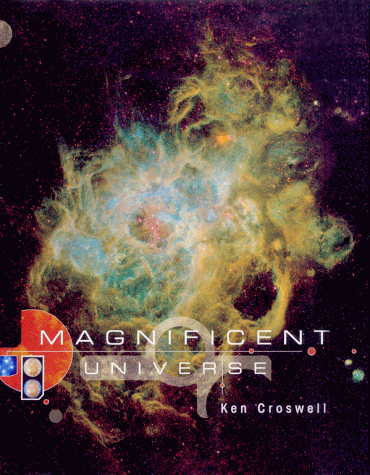
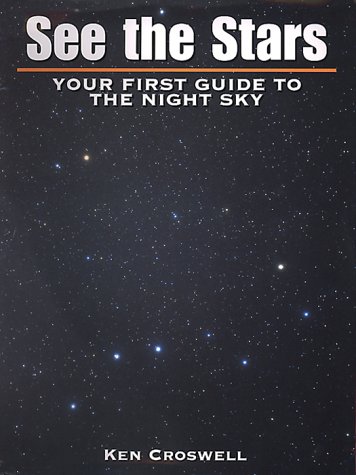
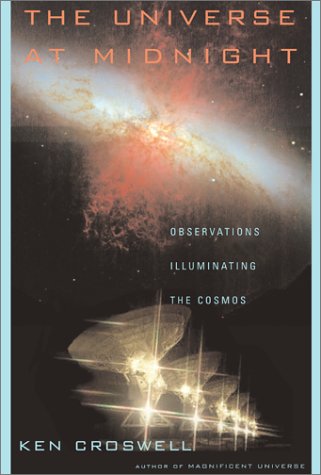
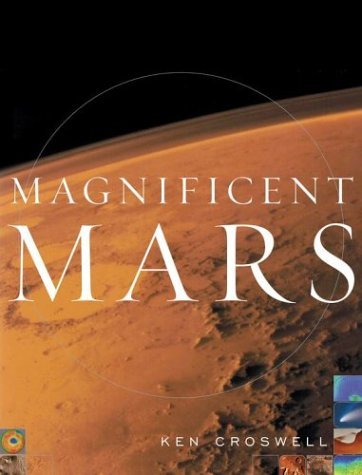
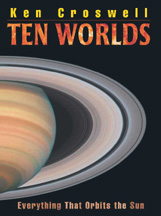
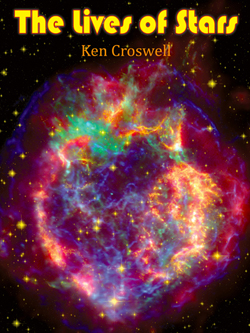
| BOOKS | F. A. Q. | ARTICLES | TALKS | ABOUT KEN | DONATE | BEYOND OUR KEN |
|---|
By Ken Croswell
Published on SkyandTelescope.com (February 15, 2008)
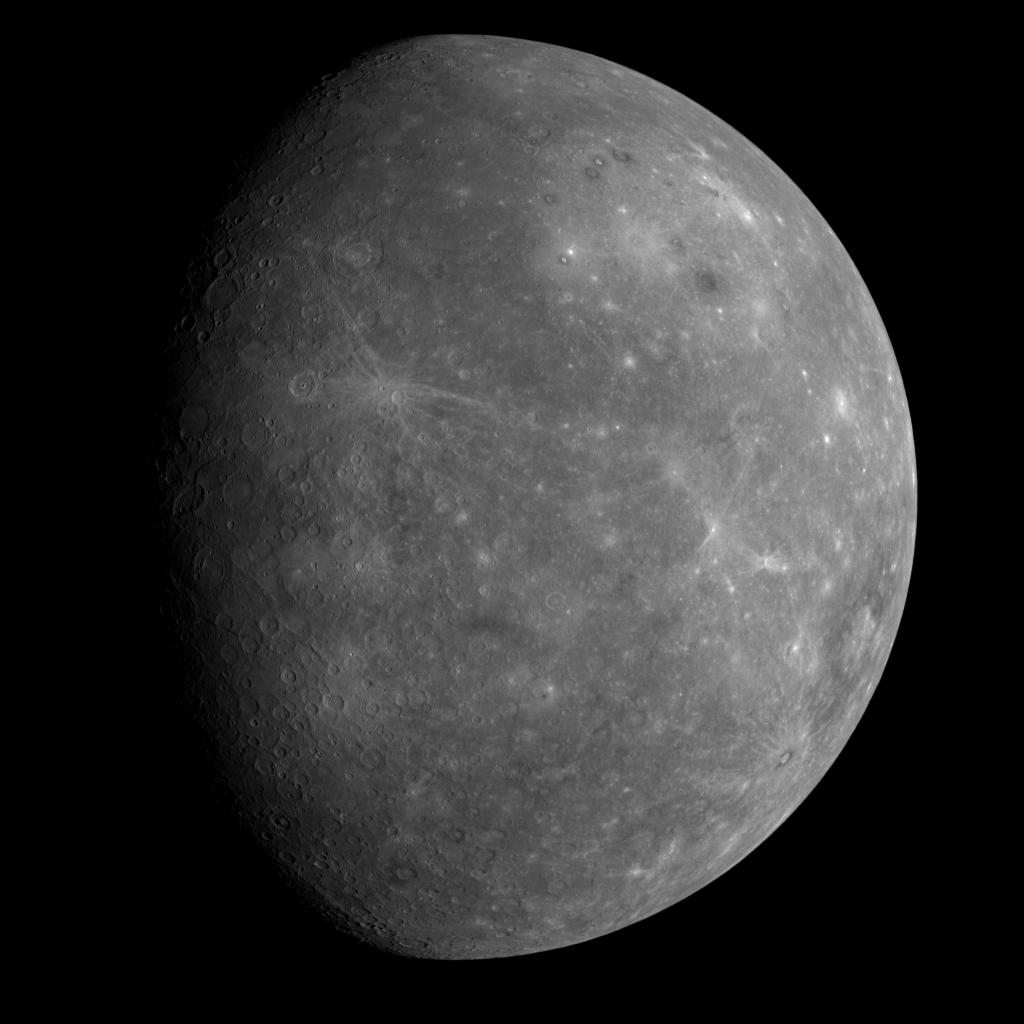
Credit: Messenger spacecraft. NASA/Johns Hopkins University Applied Physics Laboratory/Carnegie Institution of Washington.
Meteorites from the Moon and Mars give earthbound scientists free rock samples from other worlds. Now Brett Gladman and Jaime Coffey (University of British Columbia, Vancouver) say we should expect a few meteorites from Mercury too.
Gladman and Coffey conducted computer simulations of what happens after asteroids and comets slam into the innermost planet and kick debris into space. Past studies assumed that rocks knocked off Mercury weren't getting away with much more than its escape velocity of 2.6 miles (4.2 kilometers) per second. That's too slow to climb away from the Sun and make it out to Earth.
 But some previous assumptions were wrong, says Gladman, because the collisional circumstances at Mercury are "very different than anywhere else." The Sun's innermost planet speeds through space with a mean velocity of 30 miles (48 kilometers) per second. Furthermore, asteroids and comets crossing Mercury's orbit also travel fast. So impactors strike the planet at speeds 5 to 15 times its escape velocity, and ejecta can rocket off the surface traveling much faster than had been assumed.
But some previous assumptions were wrong, says Gladman, because the collisional circumstances at Mercury are "very different than anywhere else." The Sun's innermost planet speeds through space with a mean velocity of 30 miles (48 kilometers) per second. Furthermore, asteroids and comets crossing Mercury's orbit also travel fast. So impactors strike the planet at speeds 5 to 15 times its escape velocity, and ejecta can rocket off the surface traveling much faster than had been assumed.
The new study, which has been submitted to Meteoritics and Planetary Science, concludes that up to 5 percent of this high-speed debris from Mercury reaches Earth--a third to a half of the delivery rate of meteorites from Mars. Gladman notes that roughly a half dozen samples of Mercury might already be sitting in meteorite collections worldwide.
But how would an interplanetary prospector recognize that a stone really is from the innermost planet? Some planetary geologists think a rare class of meteorites called angrites might be good candidates, though others disagree. Gladman cautions, "Until you have some kind of ground truth, it's very difficult to make those claims." He says scientists need more information about the composition of Mercury's surface to find matches with suspicious meteorites.
Fortunately, the Messenger spacecraft has begun exploring the planet. Messenger flew past Mercury in January and will go into orbit in 2011. It should provide the data that will confirm or refute candidate meteorites from Mercury.
Ken Croswell is an astronomer and the author of Magnificent Universe and Ten Worlds.
"Magnificent Universe by Ken Croswell is elegant and eloquent."--Washington Post. See all reviews of Magnificent Universe here.
"On the basis of its striking design and photographs, this handsome, large-format volume is well worthy of praise. And astronomer Croswell's concise yet conversational, information-packed text wins it sky-high accolades in the narrative sphere as well."--Publishers Weekly, starred review. See all reviews of Ten Worlds here.
| BOOKS | F. A. Q. | ARTICLES | TALKS | ABOUT KEN | DONATE | BEYOND OUR KEN |
|---|